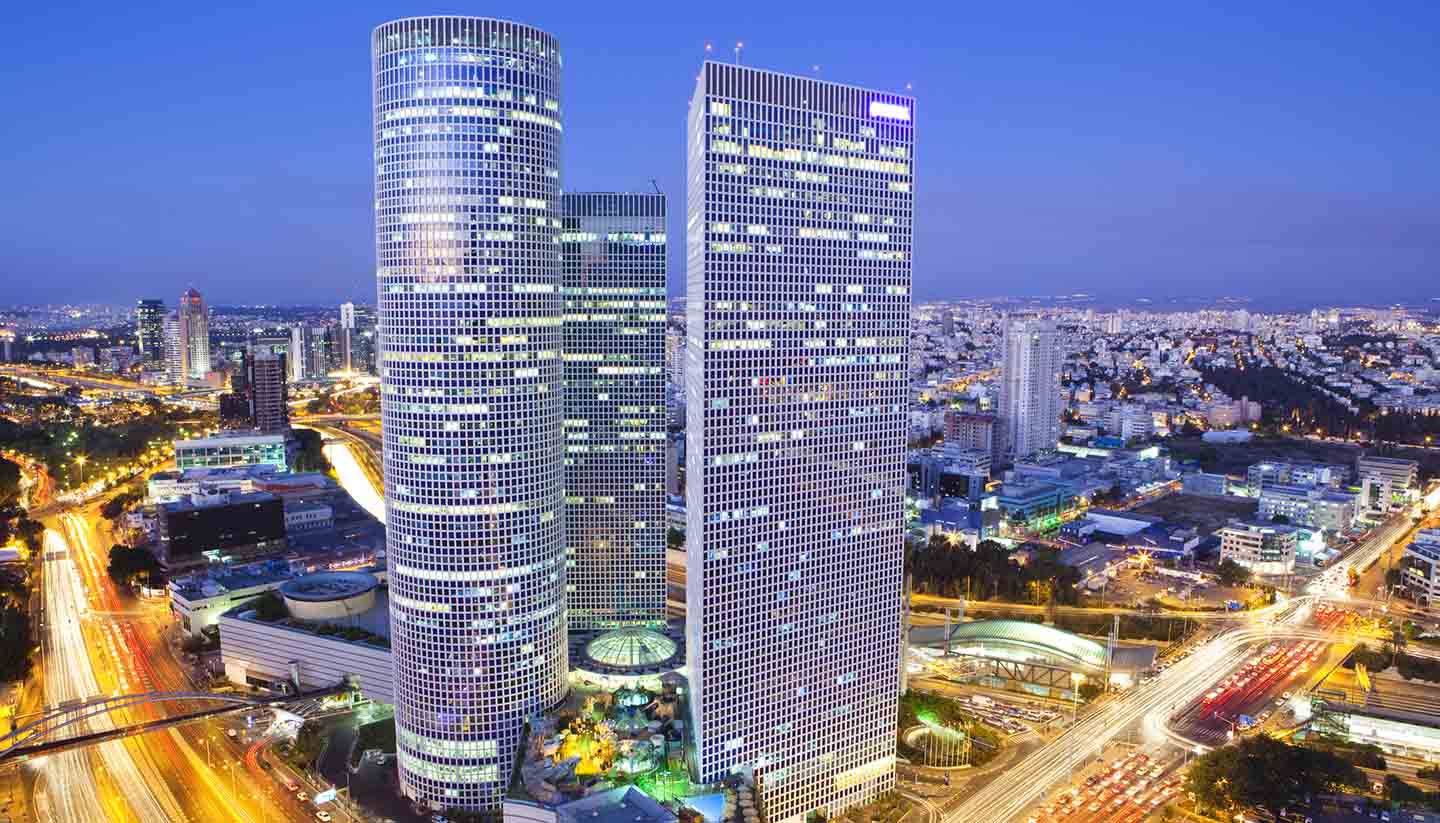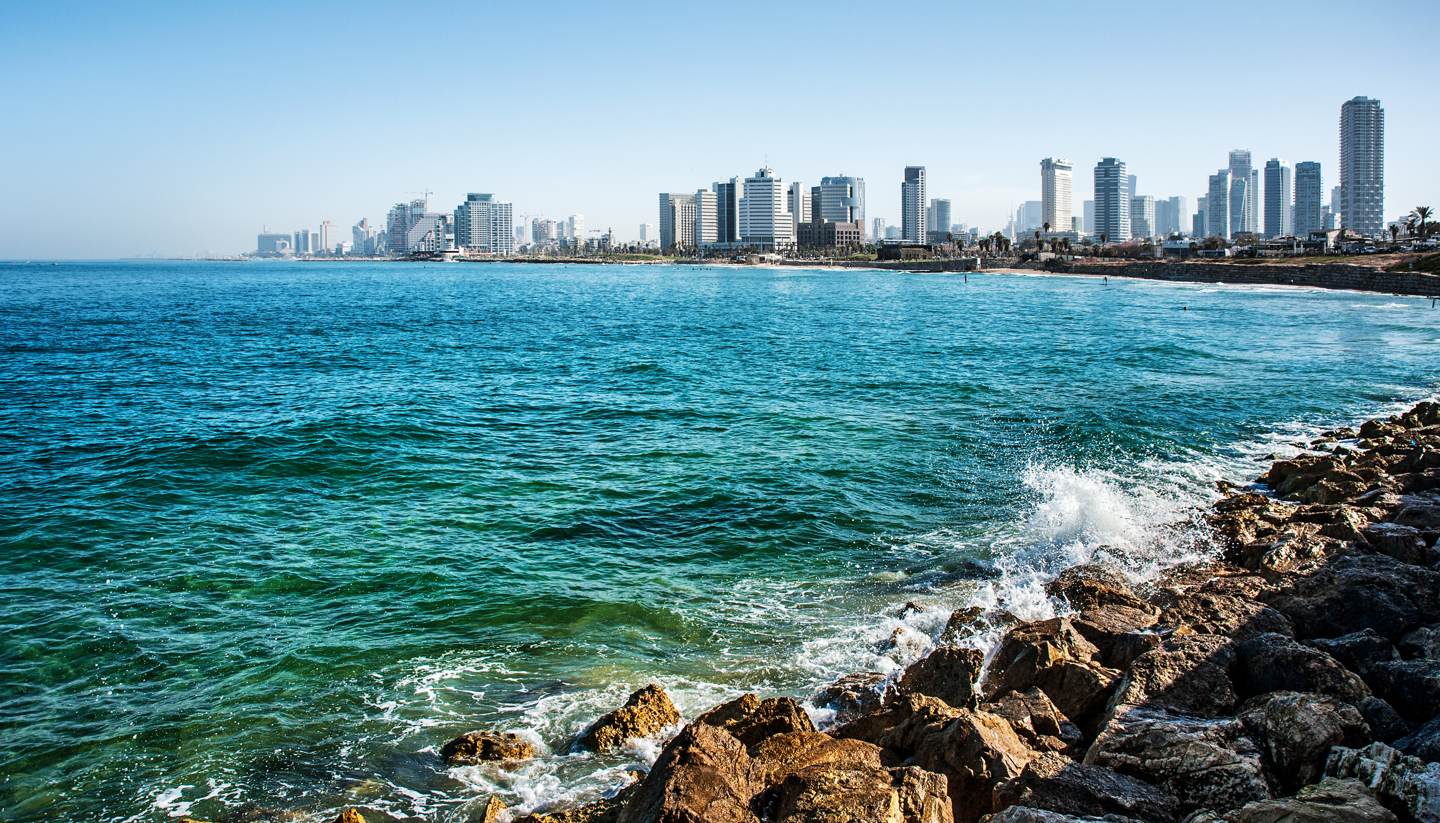Money and duty free for Israel
Currency and Money
Currency information
New Shekel (ILS; symbol ₪) = 100 agorot (singular, agora). Notes are in denominations of ₪200, 100, 50, and 20. Coins are in denominations of ₪10, 5, 2, 1 and 1/2, and 50 and 10 agorot.
Note: Many hotels, tour companies, car rental agencies and other tourist services quote their prices in US dollars. It is customary to tip 12-15% in restaurants and cafés. Tipping in bars is appreciated but not expected, and it is the norm to round up to the nearest shekel in taxis. Bargaining is done only in open markets.
Credit cards
All major credit cards are accepted.
ATM
ATMs are widely available.
Travellers cheques
Though they aren't popular nowadays, traveller's cheques are accepted. To avoid additional exchange rate charges, travellers are advised to take traveller's cheques in US Dollars.
Banking hours
Sun-Fri 0830-1200 and Sun, Tues, Thurs 1600-1800 although these can vary slightly between banks.
Currency restrictions
There are no restrictions on the import or export of local or foreign currency. However, amounts exceeding ILS90,000 or equivalent must be declared.
Currency exchange
Most major currencies can be exchanged for shekels at the airport, banks, post offices, many hotels or licensed exchange booths in most towns and cities. To exchange travellers’ cheques you will need to show your passport. All public services such as banks and post offices are closed on Shabbat. At the end of your trip it is possible to change money from shekels back to your currency of choice, only at the airport.
Israel duty free
Overview
Israel duty-free allowance
The following goods may be imported into Israel without incurring customs duty (alcohol and tobacco can only be imported by persons aged 18 years and over):
• 200 cigarettes or 250g of tobacco products.
• 1L of spirits and 2L of wine.
• 1/4L of cologne or perfume.
• Gifts and other goods to the value of US$200.
Banned Imports
Prohibited and restricted items include firearms, plants, counterfeit currency or documents, knives not intended for professional use, raw meat, bananas, pineapples, raw material, and all fruits and vegetables from Africa.





